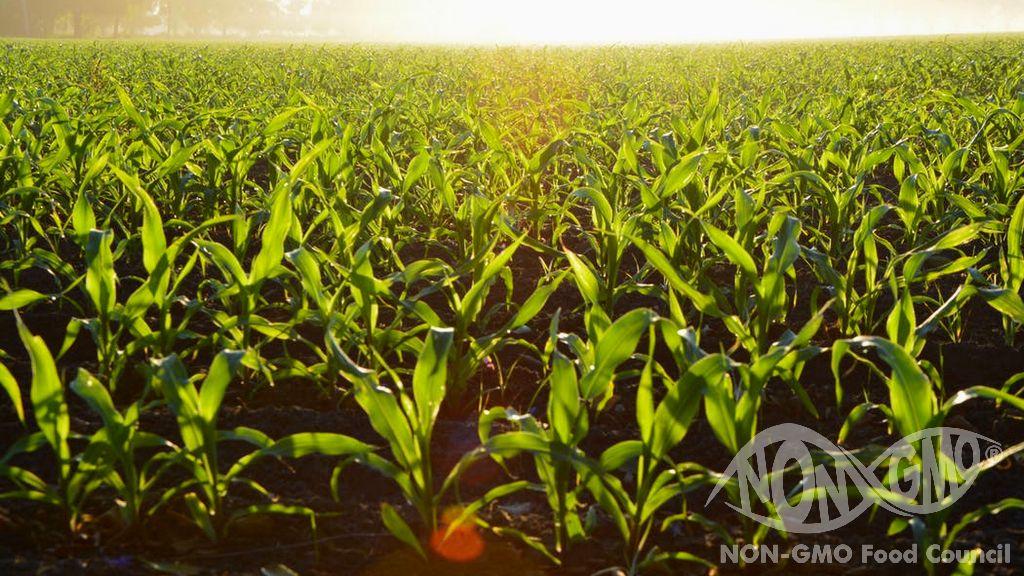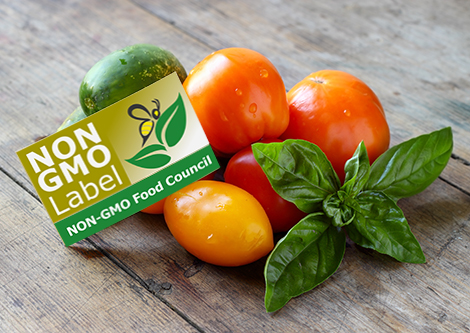The use of genetically modified organisms (GMOs) in organic products is prohibited. This means that an organic farmer cannot plant GMO seeds, an organic cow cannot eat GMO alfalfa or corn, and an organic soup maker cannot use GMO ingredients.

To meet their organic regulations, farmers and processors must demonstrate that they do not use GMOs and protect their crops from contact with prohibited substances such as farm-to-table GMOs.
Genetically Modified Organisms (GMOs) are created through the process of genetic engineering: a technology that takes DNA from one organism to another, creating new varieties of plants and animals that cannot be found in nature. Genetic engineering in organic food and agriculture has been banned due to concerns about its environmental and health effects.
Organic is non-GMO because the use of GMOs in organic production is prohibited. For example, organic farmers cannot plant GMO seeds, organic livestock cannot eat GMO feed, and organic food producers cannot use GMO ingredients.
Organic producers are also required to protect their produce and crops from unintentional contact with GMOs. For example, organic farmers may need procedures to prevent GMO drift from neighboring farms. Processors must separate organic components from non-organic components during receiving, processing, storage and transportation.
Non-GMO does not mean non-GMO because organic producers continue to be at risk of accidental contamination as non-organic food systems increase their use of GMOs. Buying organic helps stop the spread of GMOs because it supports farmers and companies that not only use GMOs, but also proactively protect their certified products.
Do not hesitate to contact our expert team to get detailed information about the GMO Free and NON GMO label and certification, or to apply for certification.
